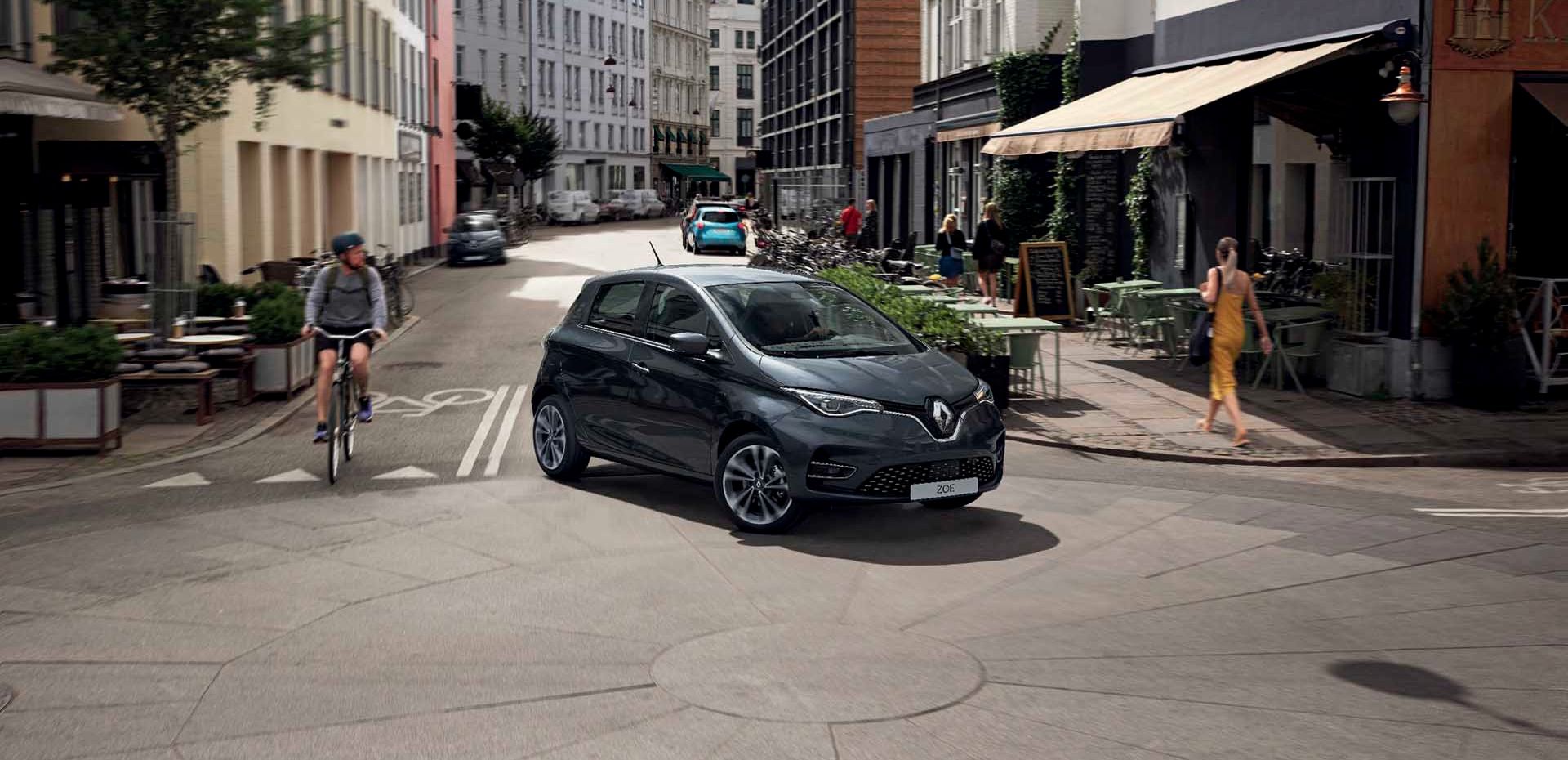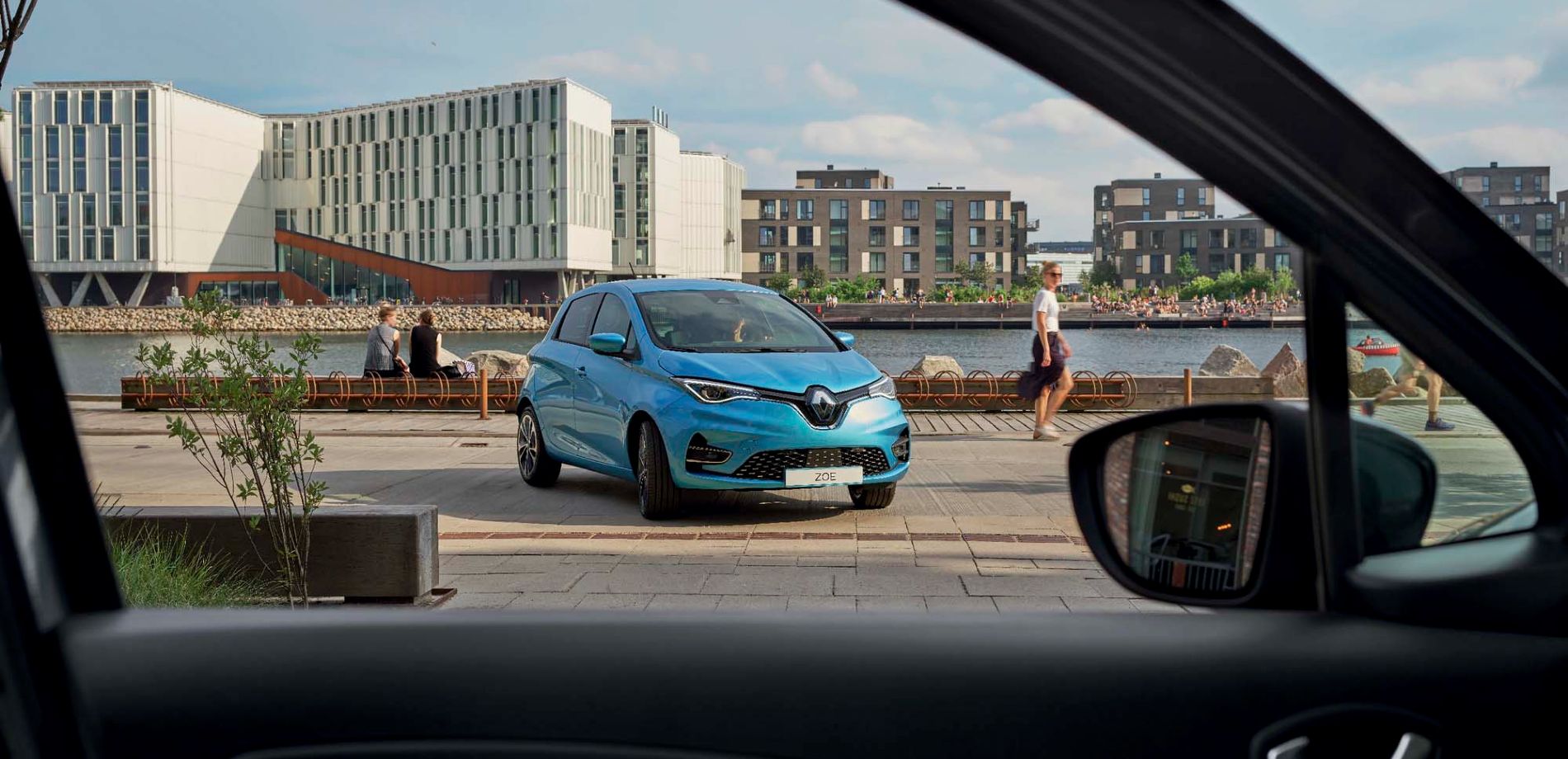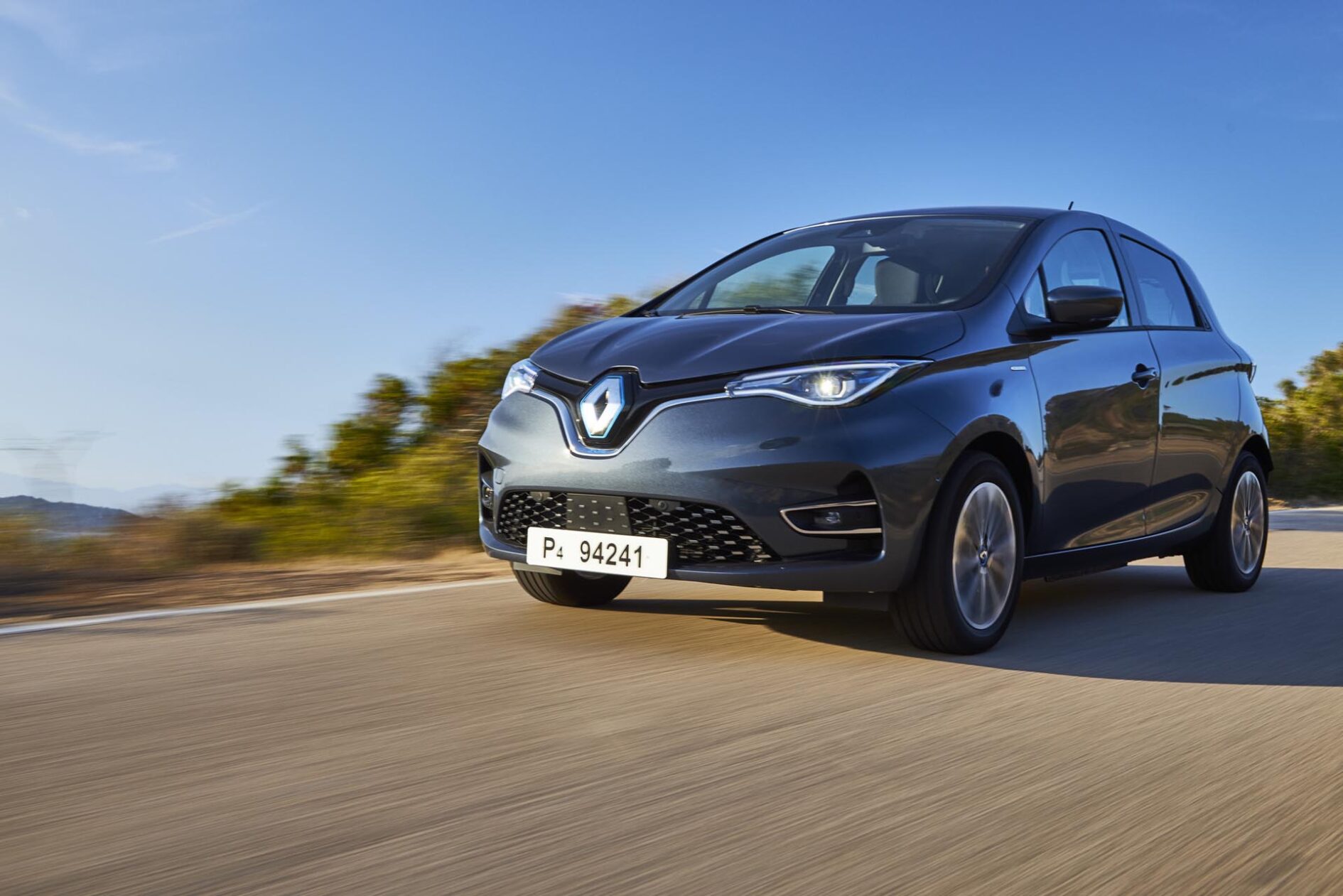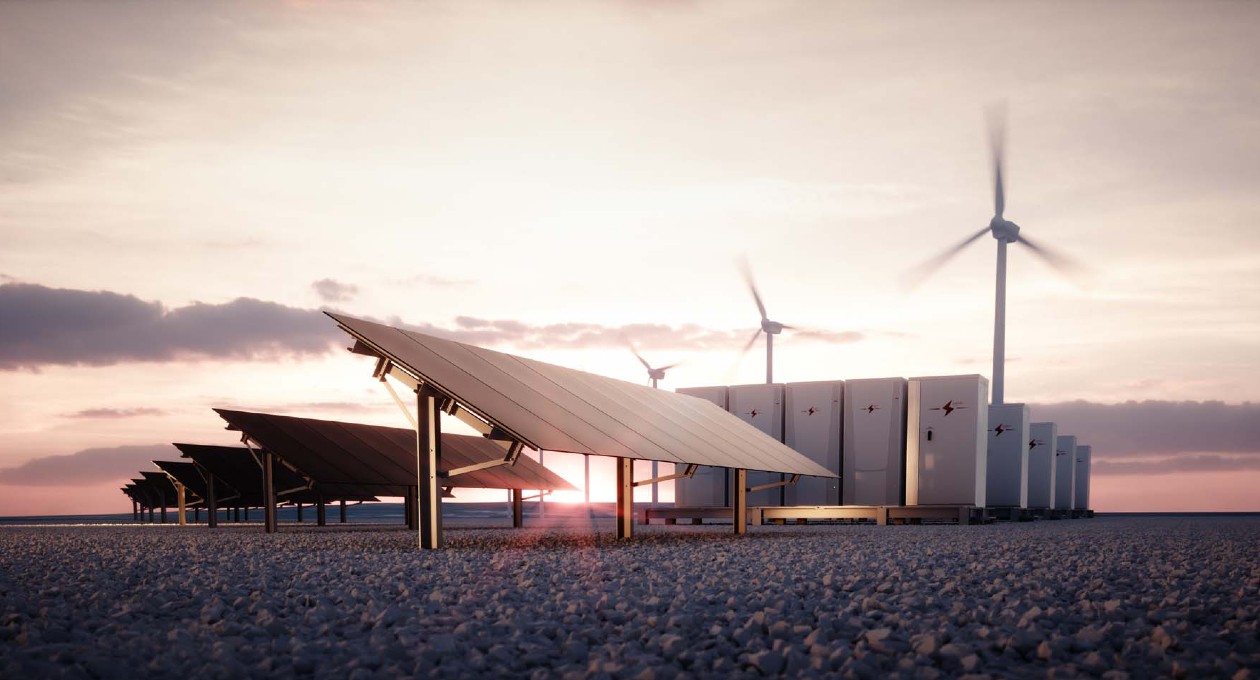

Every year, in September, the European Mobility Week (EMW) serves to encourage citizens and local governments throughout Europe to adopt a more lasting form of eco-citizenship by taking up modes of travel – in particular, in urban environments – that are more environmentally friendly.
Within that realm, electric mobility and shared electric mobility are proving to be major topics for the automotive industry of the 21st century. Having always focused on its customers and their way of life, Groupe Renault understood the change at hand early on; it launched a complete range of electric vehicles in as early as 2012 and has changed the way it operates by investing resources in developing car sharing services.
European leader of electric vehicles
In 2018, Groupe Renault held on to its position as European leader of electric cars for the fourth year running. In the first half of 2019, ZOE volumes increased by 44.4% (25,041 units) and Kangoo Z.E. by 30.7% (4,653 units). Today in Europe, one electric model out of three is a Renault ZOE!
2019 marks a new era for Zoe with the launch of the third-generation model: fitted with a 52kWh battery, its range has been increased by +25%, now reaching up to 395km on WLTP* cycle. It is also kinder to the environment. When kitted out as the ZOE Zen, the upholstery and dash trim are made entirely out of recycled fabric offcuts, seat belts and plastic bottles. Enough to please individuals and companies, but also customers and carsharing operators alike.

Leader of shared electric mobility
Electric vehicles – with Zoe leading the charge – are at the very heart of Groupe Renault’s strategy to be an active contributor to the way cities evolve; as such, the provides cities with new mobility solutions for all. It also leads the electric shared-car industry with a fleet of 7,000 electric vehicles available throughout Europe that is made possible thanks to robust partnerships signed with some 20 major cities, such as Paris, Madrid, Amsterdam, Copenhagen, and Bolonga. Services like Zity or Renault Mobility cover a vast range of eco-friendly sharing solutions.
Going beyond
Staying true to its vision of sustainable mobility for all, Groupe Renault is committed to lowering the cost of electric transport, both for individuals who would like to purchase an electric car and for those developing shared mobility services. It is for this reason that Groupe Renault will soon launch a version of the K-ZE – sold in China since 5th September – tailored to European needs.

European mobility week
A yearly fixture in the calendar, the European Mobility Week will run from 16–22 September 2019, for the 18th edition. This year puts the spotlight on the benifits of safe walking and cycling by calling on people to “Walk with us!”
This year’s edition comes not long after the coming into effect on July 1st, 2019, of EU legislation for the protection of pedestrian and cyclist safety. Under the new legislation, all electric vehicles must be fitted with an Acoustic Vehicle Alert System (AVAS). While electric vehicles have the advantage of being silent on the roads, the unintended side-effect is that they often go unheard by others using the road at the same time.
Groupe Renault is ahead of the curve: as early as 2014, it fitted the ZOE model with small speakers that would emit warning sounds. Drivers can choose one of three sounds and the pitch varies with the car’s speed so pedestrians and cyclists can tell straight away if the car is accelerating or slowing down. The sound is deactivated when the car reaches 30km/h because the cars tyres and the airflow around the car’s body make enough sound to warn others of the car’s presence.
*WLTP Autonomy (Worldwide Harmonized Light vehicles Test Procedure, standardised cycle: 57% urban trips, 25% suburban trips, 18% highway) tested on the ZOE Life.
Copyrights : ENGELSMAN Kevin, LEMAL Jean-Brice, PLANIMONTEUR, MARTIN-GAMBIER Olivier, China Mandarin




